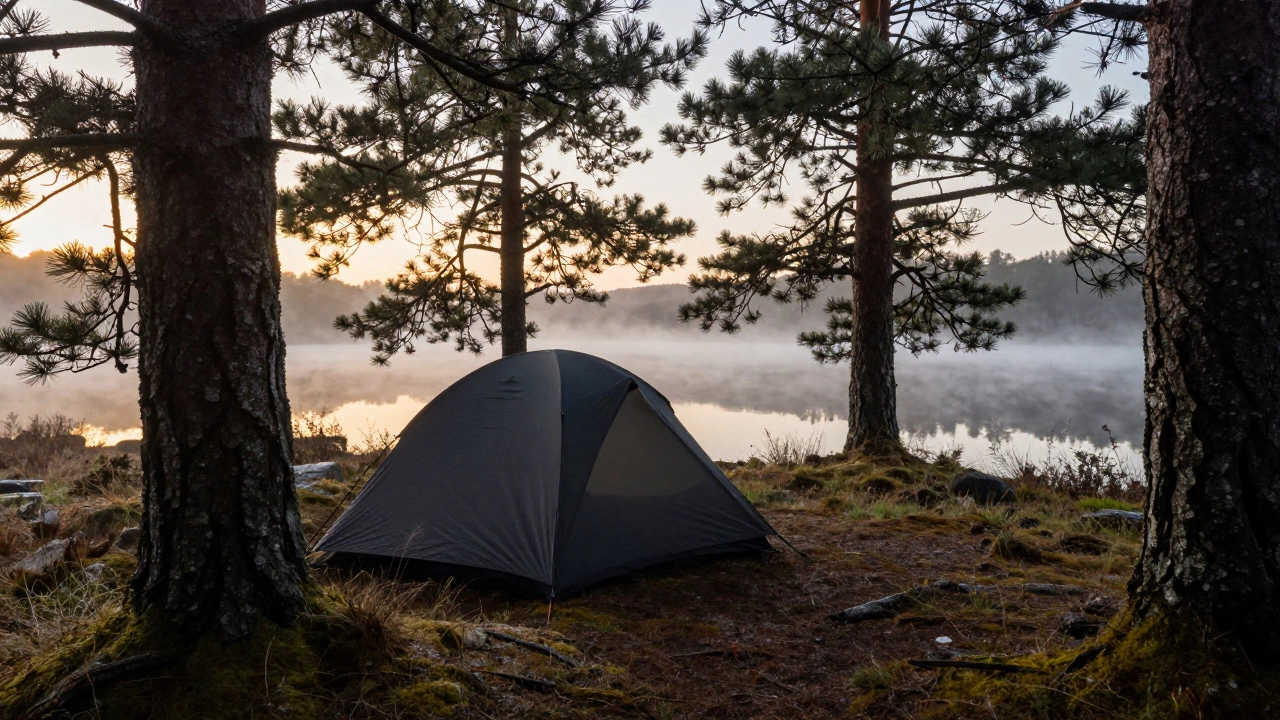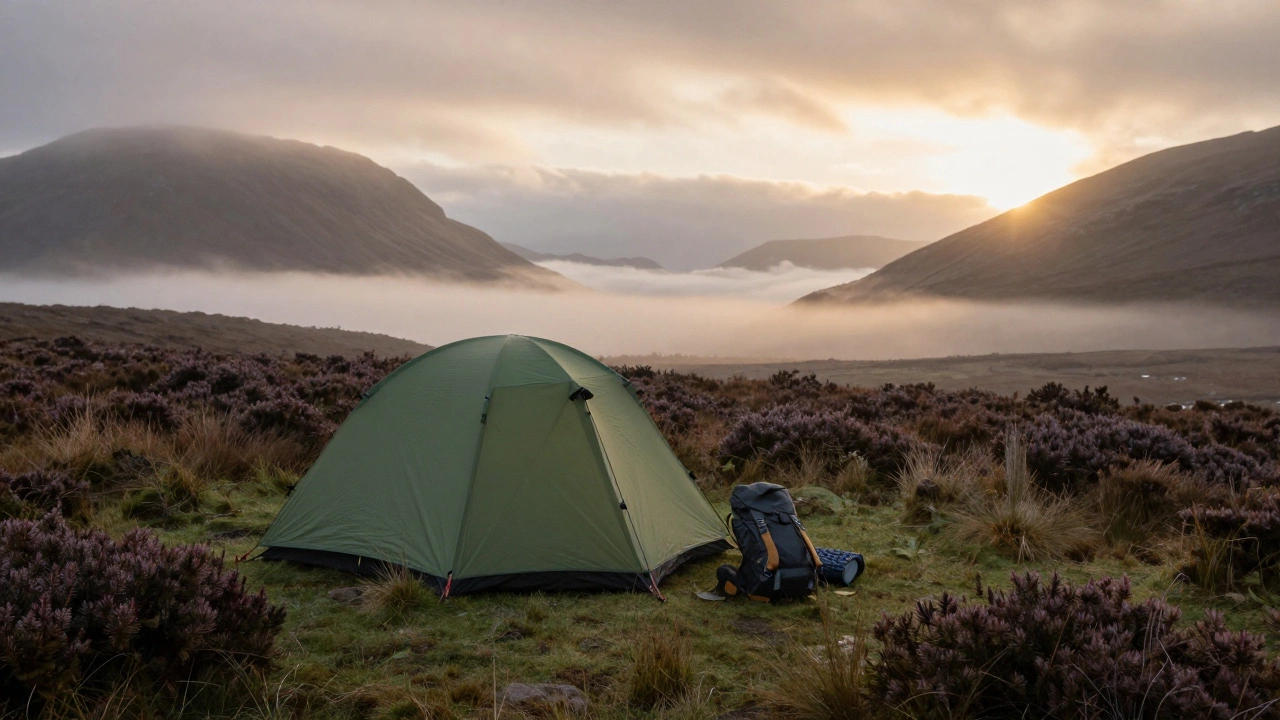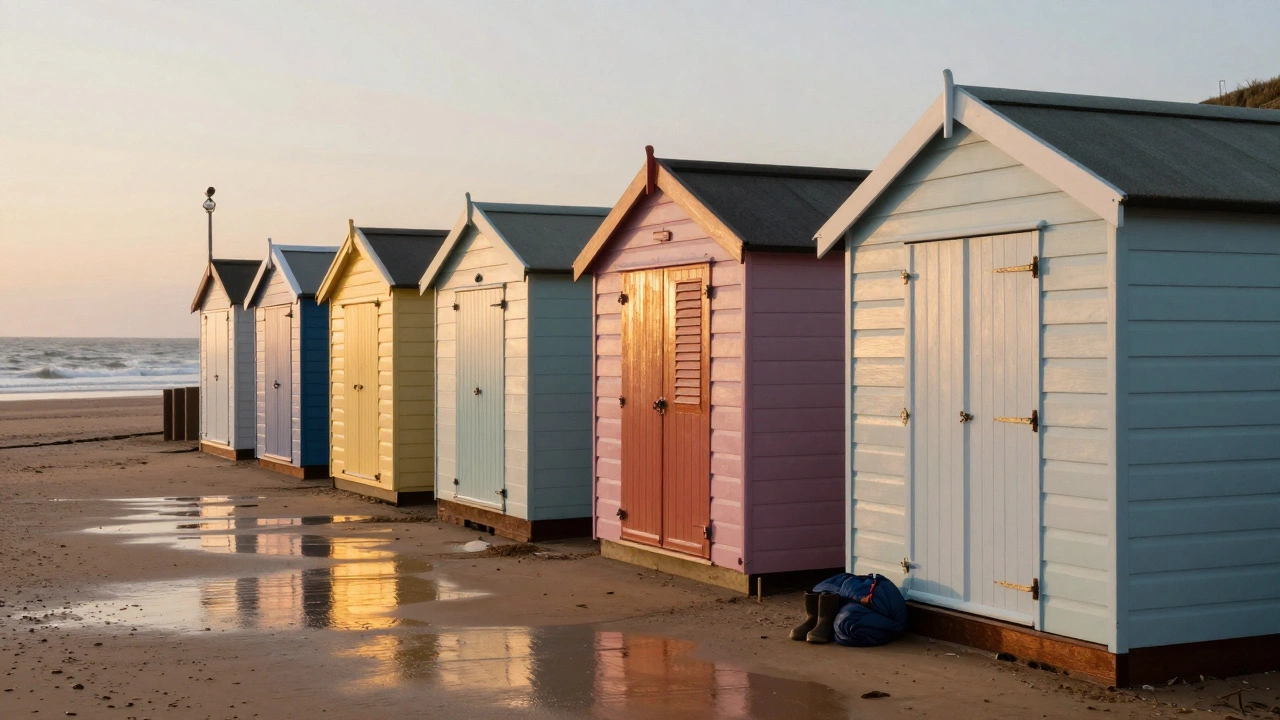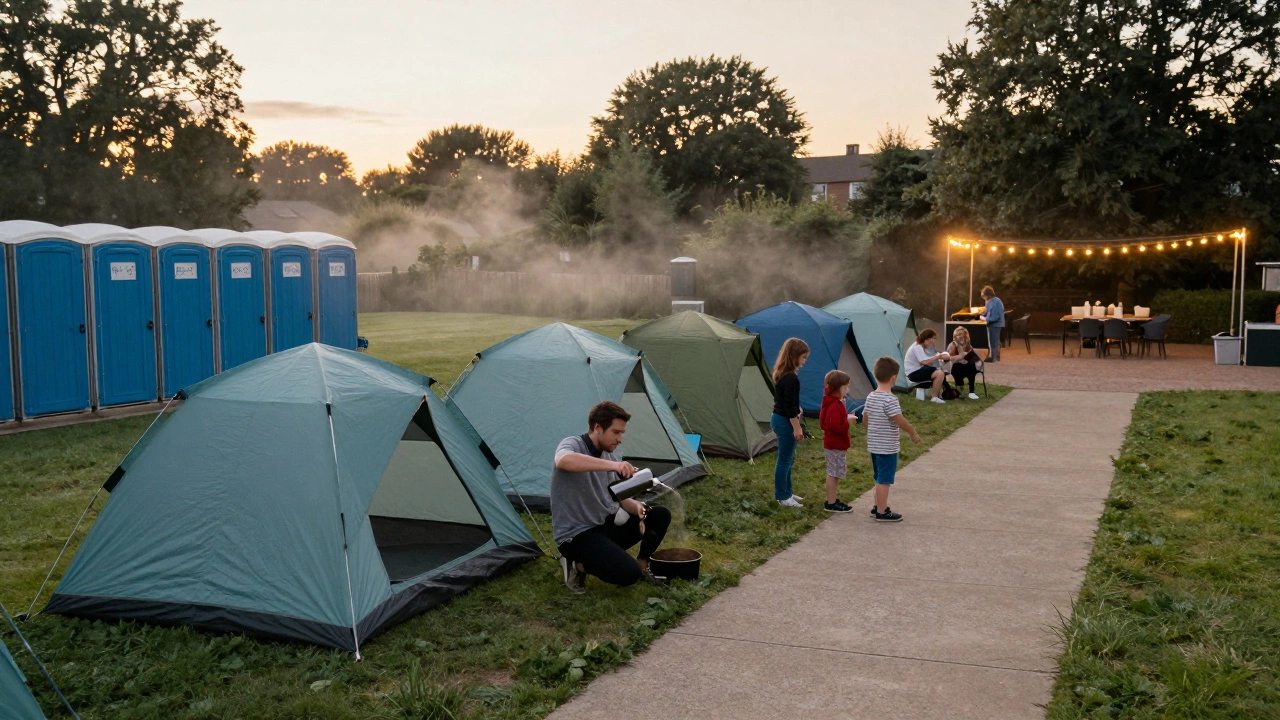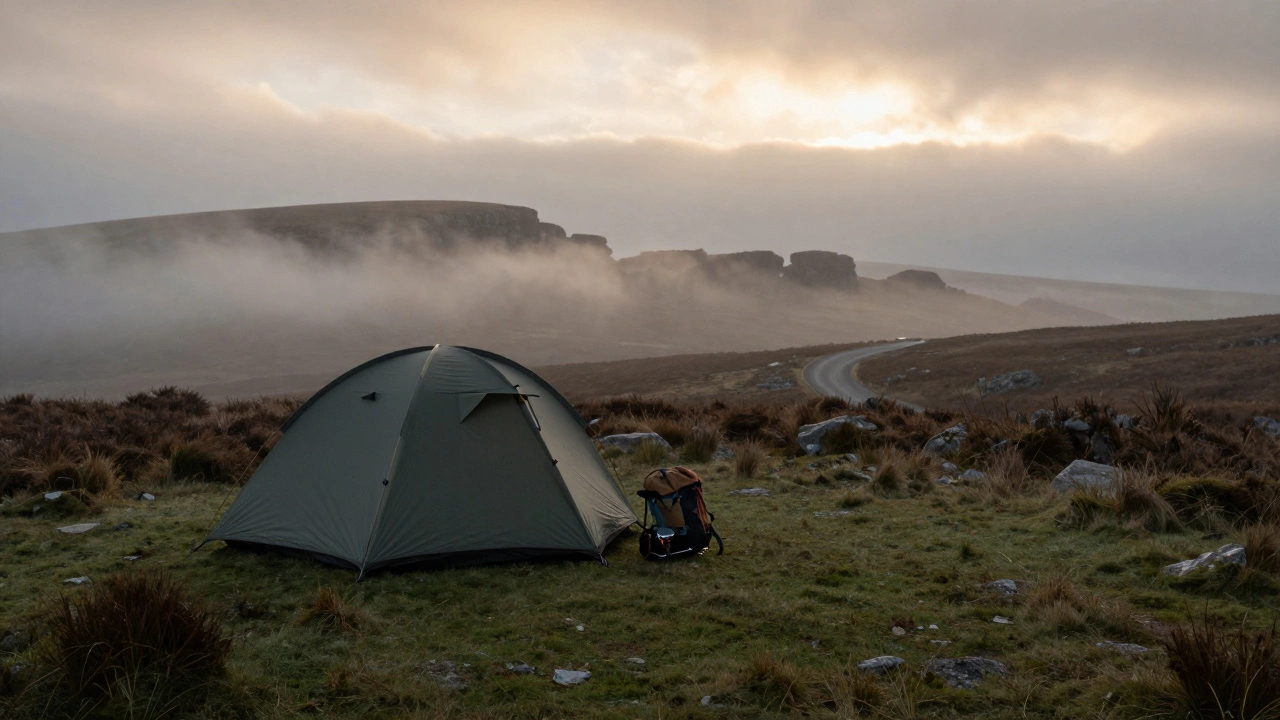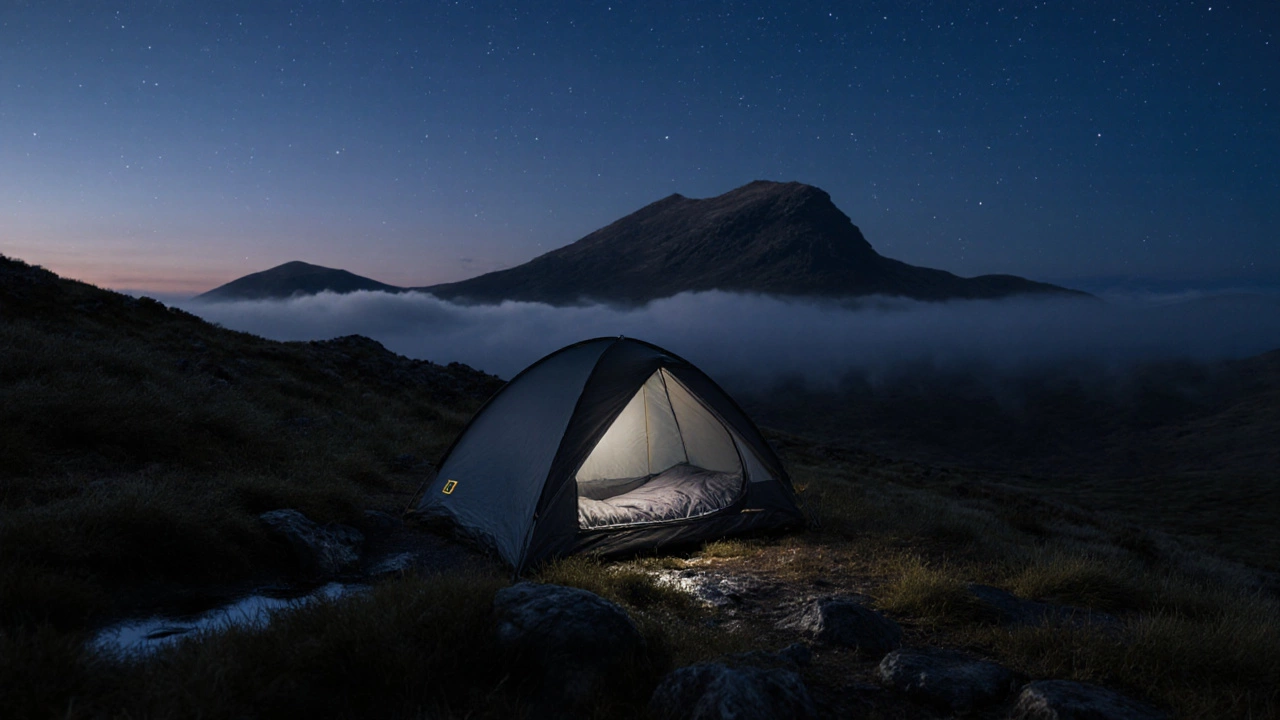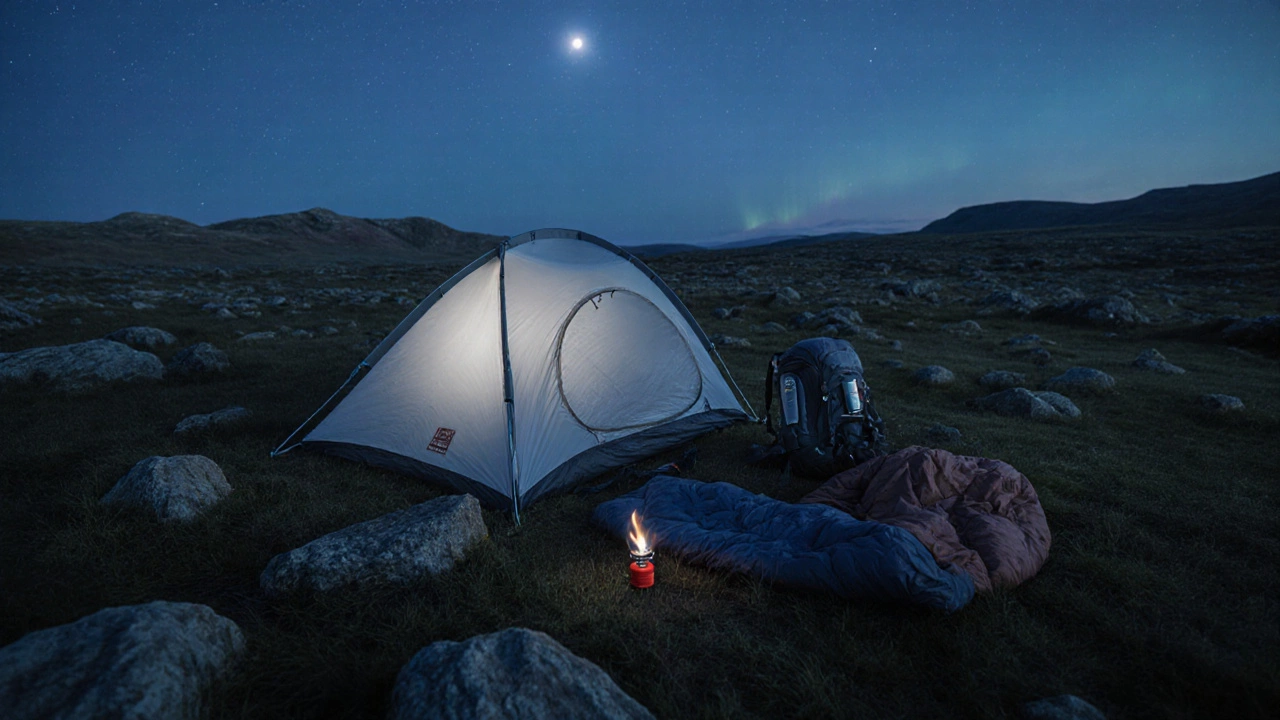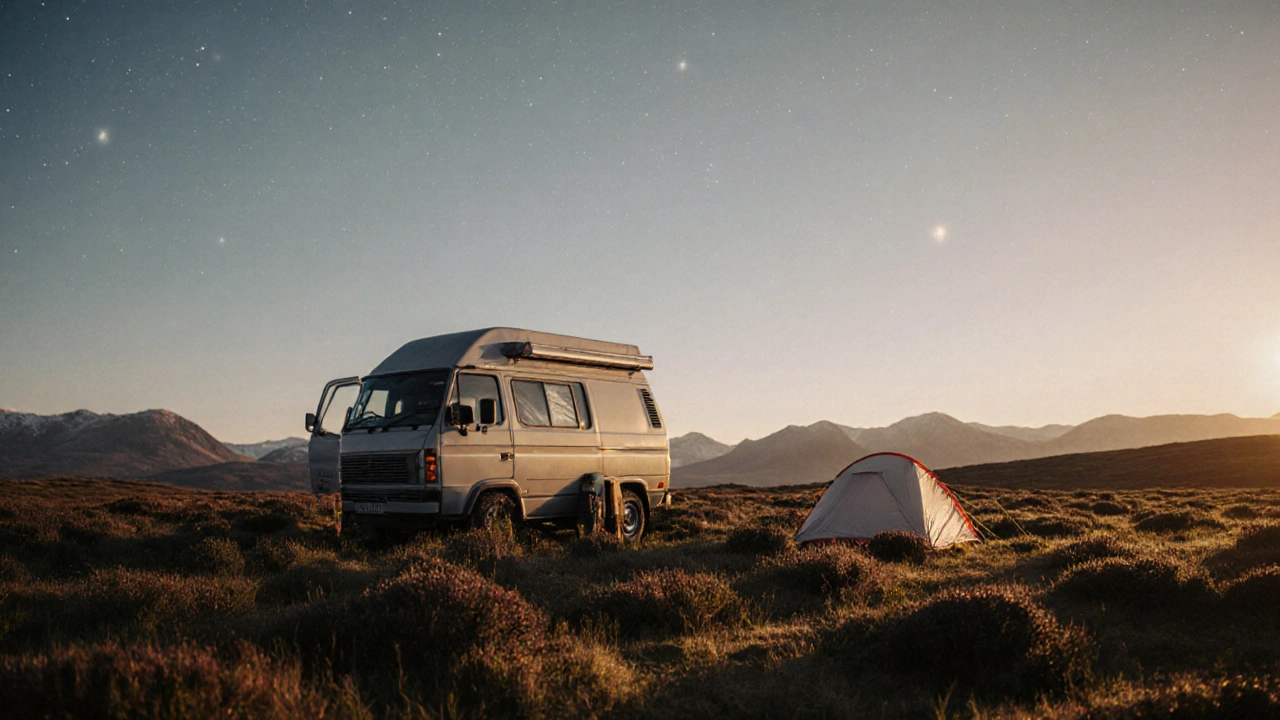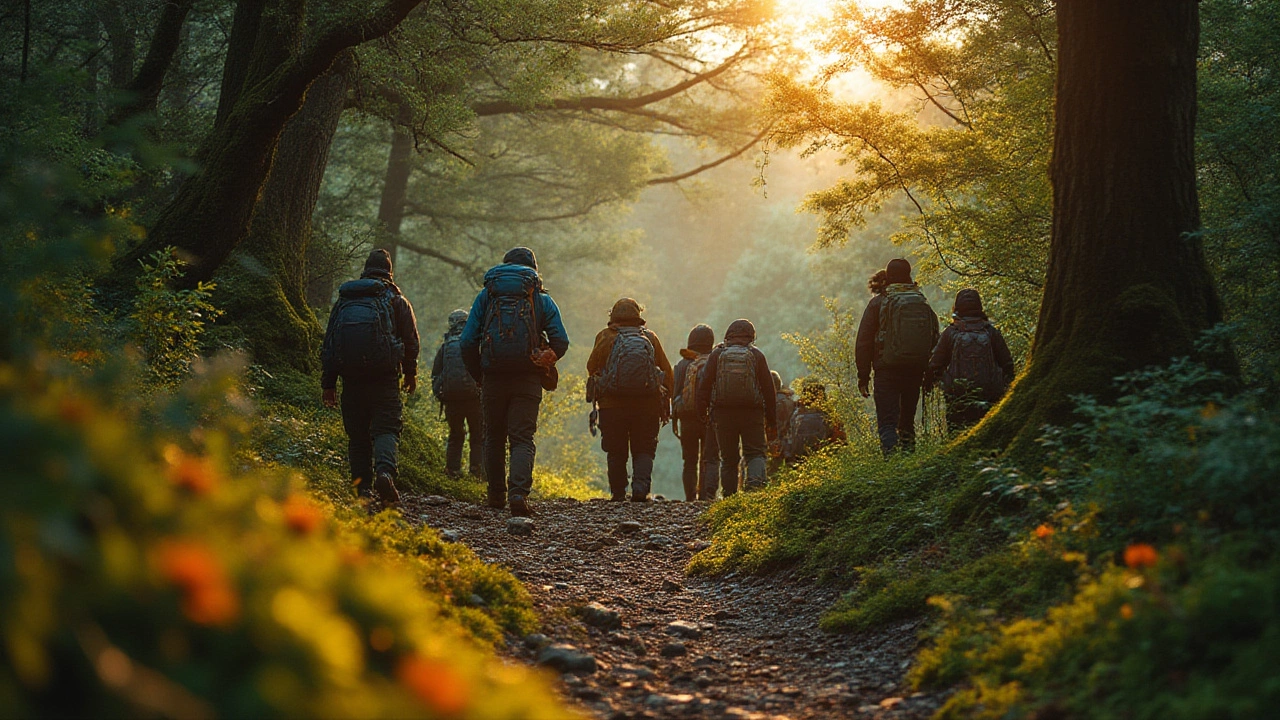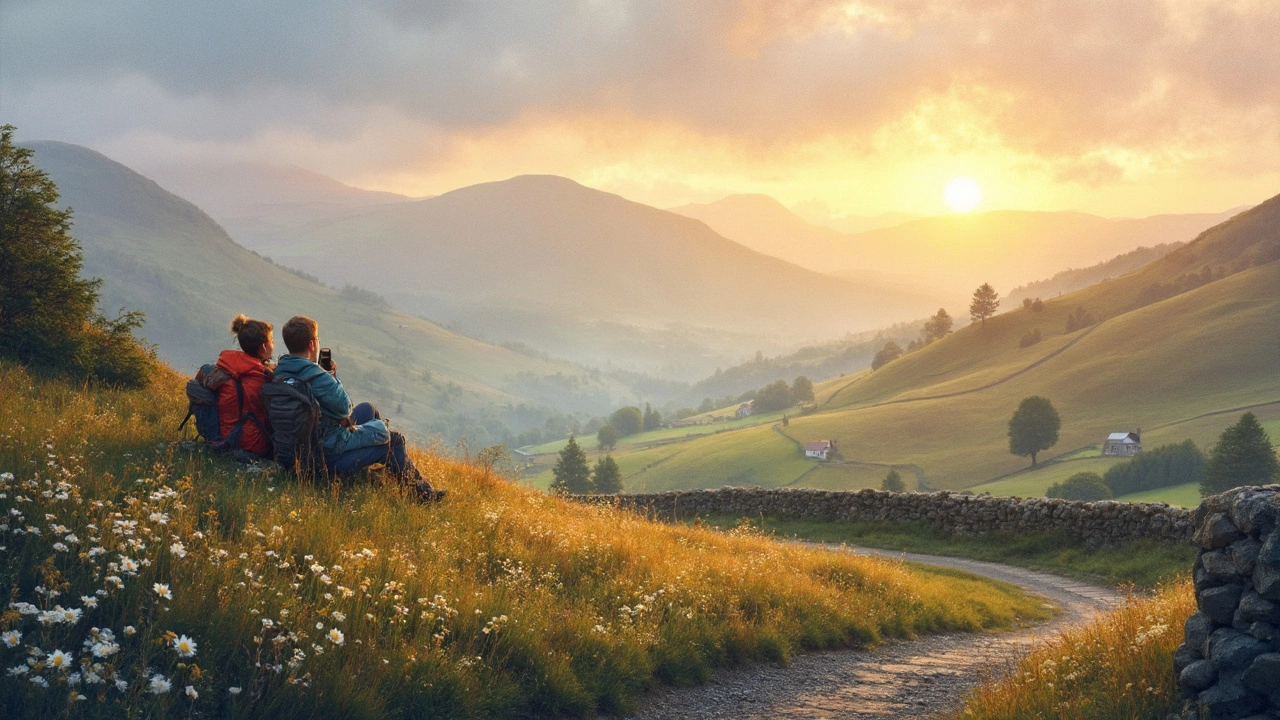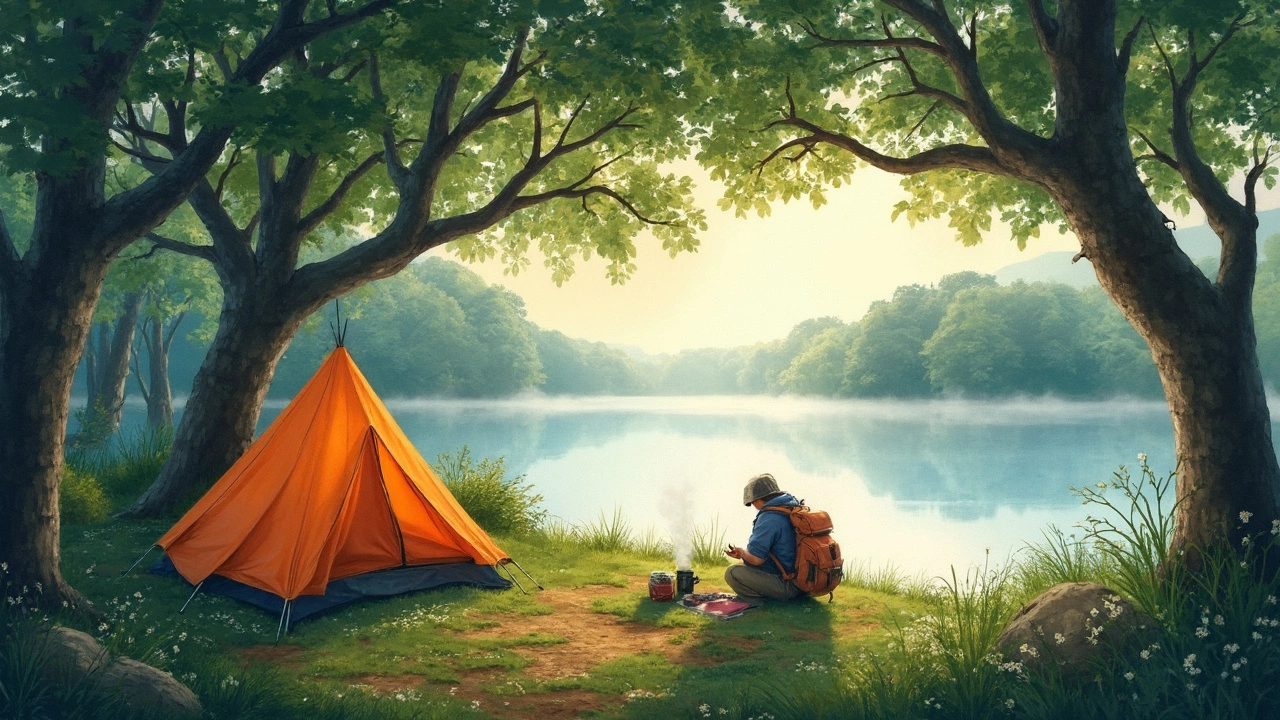Wild Camping UK: What You Need to Know Before You Pitch Your Tent
Thinking about sleeping under the stars in a meadow, forest, or along a coastline? Wild camping in the UK can feel like a secret adventure, but it’s not a free‑for‑all. Knowing the basic rules, where you can legally stay and how to stay low‑impact will keep you out of trouble and make the experience far more rewarding.
Legal Basics: Where Is Wild Camping Allowed?
Most of England and Wales do not have a blanket right to camp on private land. The key is permission. If the landowner says yes, you’re good to go. In Scotland, the Land Reform (Scotland) Act 2003 gives everyone the right to camp responsibly on most unenclosed land, as long as you follow the Scottish Outdoor Access Code.
In practice, that means you can set up a tent on a remote hill or by a loch in the Highlands without asking first, but you must leave no trace, stay for no more than a night, and move on if asked. In England, look for the official “permissive” spots marked on local authority websites or use apps that highlight land where owners have granted public access.
Top Tips for a Safe, Low‑Impact Wild Camping Night
1. Pick a discreet spot. Choose a location hidden from roads and houses. A small clearing a few hundred meters from a footpath works well. Avoid camping near farms, especially during lambing season.
2. Leave no trace. Pack a small shovel, collect all rubbish, and bury any organic waste at least 15cm deep. Use a portable toilet or a shovel to dig a cat hole for human waste.
3. Stay low‑key. Set up a simple bivvy or a lightweight tent, keep lights dim, and silence any music after dark. If you’re noticed, a friendly hello and a quick pack‑up show respect.
4. Check the weather. UK weather can turn on a dime. A waterproof bivvy, warm layers and a reliable rainfly are non‑negotiable.
5. Know your emergency plan. Carry a fully charged phone, a power bank, and note the nearest emergency services location. A basic first‑aid kit is a must.
Following these steps not only keeps you safe but also protects the natural spaces you love. Remember, the more invisible you are, the more likely you’ll find new spots to explore.
For motorhome travelers, the same principles apply, just swap the tent for a discreetly parked vehicle. Use the motorhome’s waste system responsibly and avoid parking on private driveway without permission.
Ready to hit the wild? Grab a map, check local guidelines, pack light, and enjoy the freedom of sleeping wherever the road (or footpath) takes you. Happy camping!
